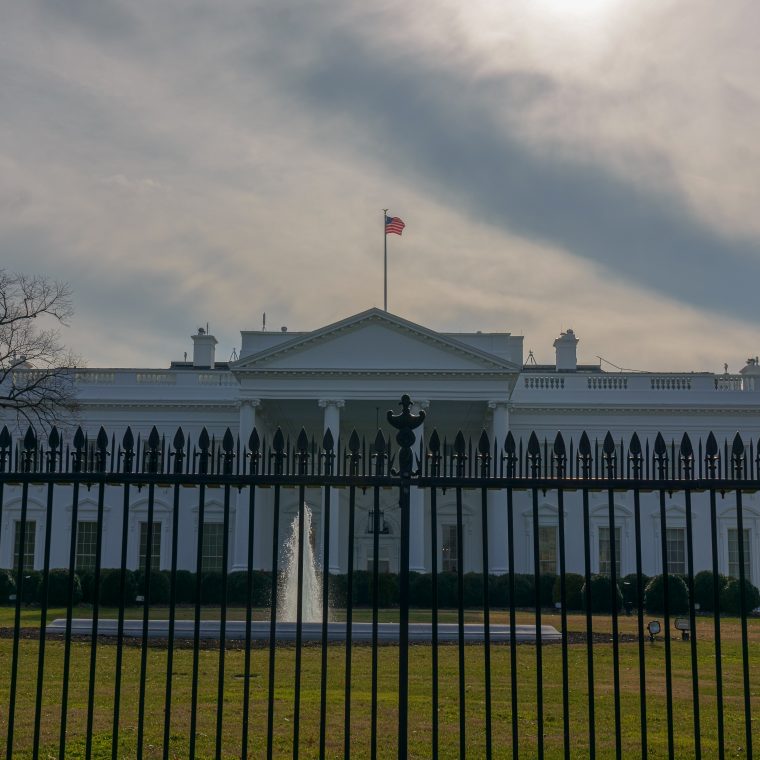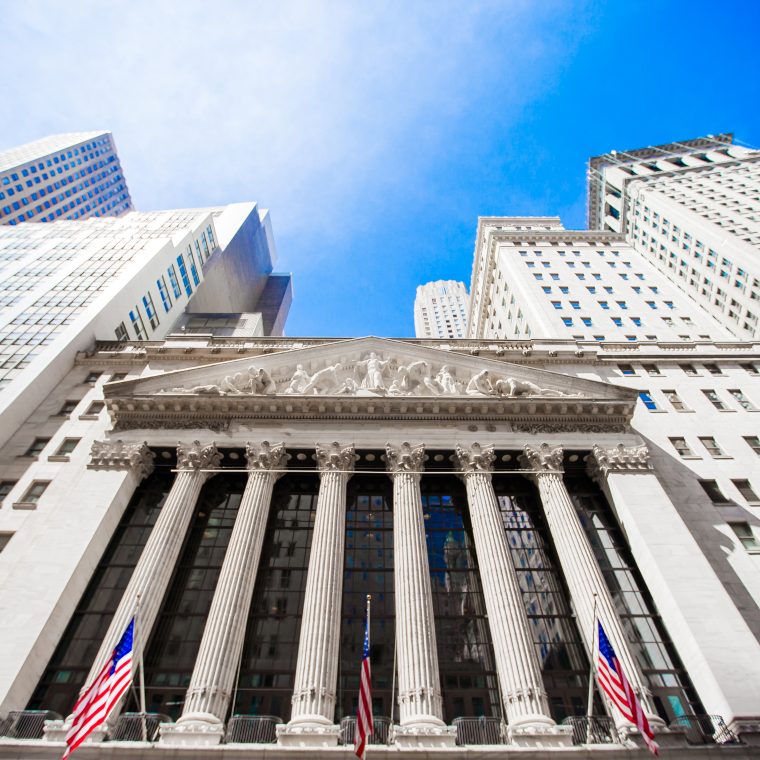Economic freedom is the ability of individuals to engage in economic activities that are productive. It implies the opportunity of all to form businesses and trade with other people. Economic freedom is also the freedom to save and invest money. In addition, it is the freedom to participate in financial transactions, including business, without unreasonable regulation.
Economic freedom is a measure of how well a country performs economically. It also reflects the quality of its political-economic institutions. The Heritage Foundation’s Index of Economic Freedom ranks countries from the most free to the least free. Using this index, investors can easily monitor changes in a country’s economy.
The cornerstones of economic freedom are personal choice, voluntary exchange coordinated by markets, and protection of people from aggression. Other important elements are freedom to enter and compete in the market, legal protection of private property rights, the right to self-employment, and the freedom to own property securely.
The economic freedom score is measured by combining data on laws, taxes, government spending, and regulations. These indicators are used to determine how effective each government is in fostering economic growth. If a country has a high rating, it should allow its citizens to make their own decisions, set their own prices, and control the quantity and quality of the goods and services they buy and sell. However, if a country has a low score, it may have more restrictions on economic growth.
Economic freedom is a complex issue, but its basic premise is that people are allowed to live as they see fit. Economic freedom is closely linked to rule of law, which ensures that a society’s law is based on the common good and that the law is applied fairly.
Typically, a country with a high rating has a strong legal system that protects property rights and enforces contracts. People in free societies also enjoy higher incomes, have better health, and have cleaner environments. A social system based on economic freedom is also morally defensible, and it benefits most people.
The size of the government is another factor that affects the economic freedom of a country. Larger governments have more government red tape, more inflation, and more barriers to trade. Therefore, countries with larger governments are generally poorer in the area of economic freedom. Similarly, a larger government may be less responsive to its citizens. Moreover, a large government can also be more vulnerable to political corruption.
Several countries are currently ranked among the worst in the world in terms of economic freedom. For example, the United States is one of the most unequal nations in the world, while Switzerland and Ireland are some of the least economically free.
Free-market economists have been divided on whether governments should provide economic freedom or not. But they generally agree that a free-market system will result in more investment, greater per capita income, and faster growth. They believe that more production will increase opportunities for more people and allow them to pursue the lifestyles they desire.


